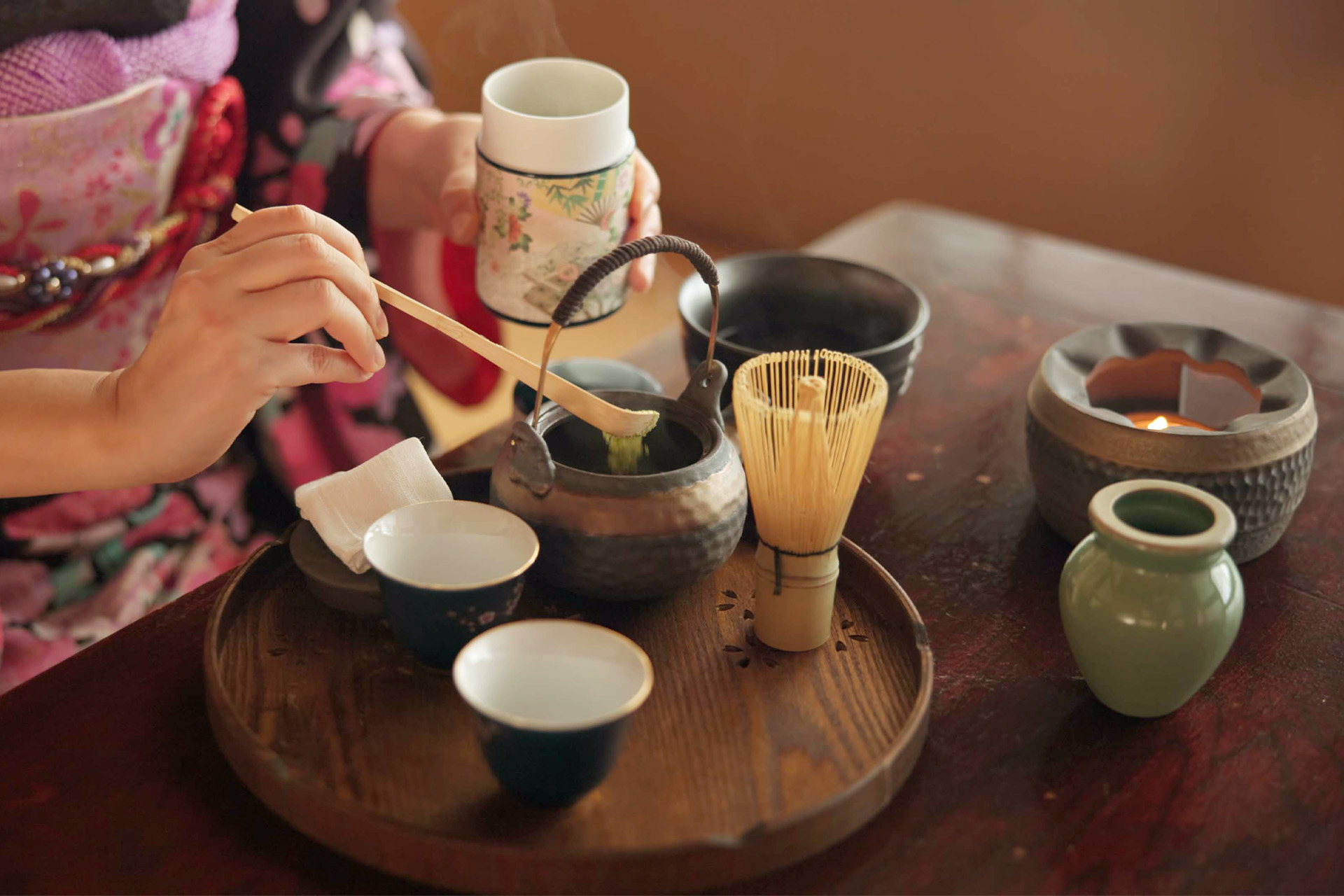News
Japan, the Land of the Rising Sun or the Land of Fuji, has long attracted the world with its serene natural beauty and a unique, refined culture.

The harmony between carefully preserved traditional values and modern technological advancements has created a uniquely Japanese identity. Let’s explore the fascinating cultural elements that make this country so uniquely appealing.
Collectivism and Respect:
One of the pillars of Japanese culture is its strong sense of collectivism. The Japanese value harmony, cooperation, and prioritize the collective good over individual interests. This is clearly reflected in how they work in teams, participate in community activities, and strictly adhere to social norms. Alongside this, respect—expressed through keigo (敬語), the Japanese honorific language—is indispensable in communication. The use of respectful language varies depending on social status, age, and relationships, reflecting politeness and formality.
Art and Refined Aesthetics:
Beauty in Japanese culture is often characterized by simplicity, naturalness, and subtlety. This is evident in traditional art forms such as:
Tea Ceremony (茶道 - Sado): More than just drinking tea, the tea ceremony is a Zen-influenced art emphasizing tranquility, harmony with nature, and appreciation for the present moment.
Ikebana (生け花): Japanese flower arranging is not just about placing flowers—it’s a form of expression using shape, color, and space to convey emotion and meaning.
Calligraphy (書道 - Shodo): More than writing characters, Japanese calligraphy is an art form that expresses the writer's spirit and character through elegant and dynamic brushstrokes.
Origami (折り紙): From a simple square of paper, the Japanese can create countless complex and beautiful shapes, showcasing creativity and precision.
Unique and Meticulous Cuisine:
Japanese cuisine is globally renowned not only for its fresh and delicious flavors but also for the meticulous care in preparation and presentation. Dishes like sushi, sashimi, tempura, and ramen are crafted using the freshest ingredients and arranged with refined aesthetics, showing respect for both the food and those who enjoy it.
Diverse Traditional Festivals:
Japan celebrates countless festivals (matsuri - 祭り) throughout the year, each with its own cultural and historical significance. Whether it's to honor deities, pray for good harvests, or bring communities together, festivals are cherished occasions for locals to gather, celebrate, and preserve traditional values.
Reverence for Nature:
The Japanese have a deep connection with nature. They cherish the beauty of the seasons—from cherry blossoms in spring (sakura - 桜) to the brilliant autumn leaves (koyo - 紅葉). Activities like hanami (花見 – cherry blossom viewing) and autumn leaf viewing are popular cultural practices that reflect this appreciation and connection with the natural world.
Polite and Thoughtful Hospitality:
Omotenashi (おもてなし) is a unique Japanese concept of hospitality, embodying heartfelt and meticulous service offered without expecting anything in return. This spirit is visible in all levels of Japanese service—from small shops to luxurious hotels.